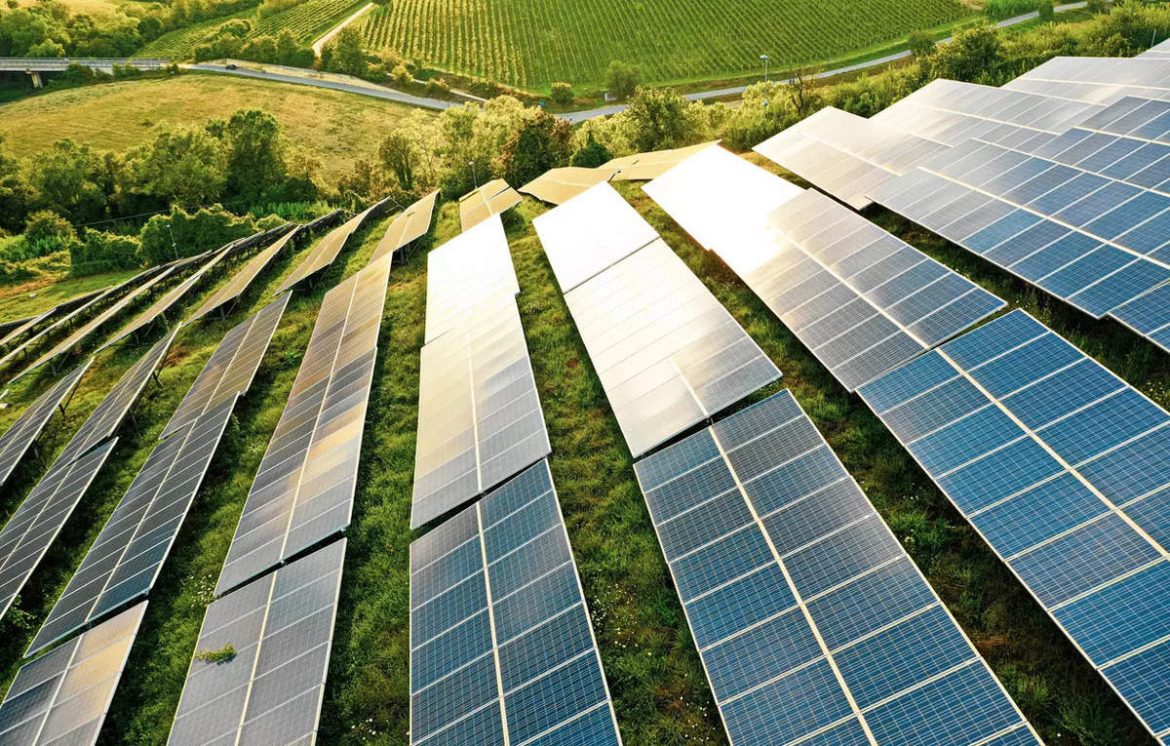As part of efforts to cut its emissions by 45% from 2005 levels, India will issue tenders for the installation of 250 gigawatts (GW) of green energy capacity by March 2028, according to a government memo released on Monday.
India missed a target to install 175 GW in renewable energy capacity by 2022, and it is now trying to boost non-fossil capacity – solar and wind energy, nuclear and hydro power, and bio-power – to 500 GW by 2030.
According to the most recent government data seen on February 28, India’s renewable energy capacity, excluding big hydro and nuclear power, exceeds 122 GW, while non-fossil capacity currently stands at more than 175 GW.
The Asian nation will issue tenders to install 15 GW of renewable energy capacity each in the first two quarters of this fiscal year, ending March 2024. That will be followed by bids for 10 GW in the next two quarters, according to the memo.
Read also: UK considers giving cows ‘methane blockers’ to cut climate emissions
IT is also looking to boost the share of non-fossil capacity to 50% in 2030, from 42.6% currently as coal currently accounts for over half of India’s 412.2 GW power generation capacity.
The memo says out of the targeted 50 GW in new green energy tenders every year, 10 GW will be for installation on wind turbines. Solar currently makes up over half of India’s renewable energy capacity, while wind energy accounts for nearly a third.
India’s rate of addition of renewable energy capacity is second only to China among major nations in the Asia-Pacific region, albeit coal remains the dominant source of its electricity output.
While the share of coal in power generation has grown slightly to 72.8% in 2022 from 72.3% in 2019, the share of renewable energy in India’s electricity output has jumped to 11.6% from 9.4% in the same period.
The government has previously cited lower per capita emissions compared with richer nations to justify continued use of coal.
Story was adapted from Reuters.
